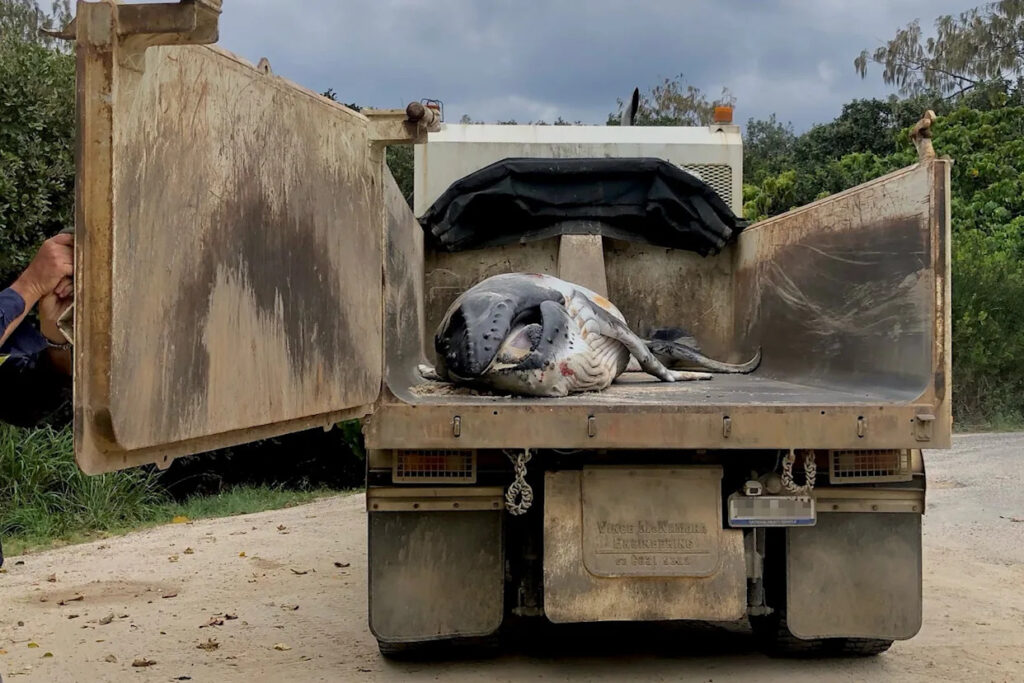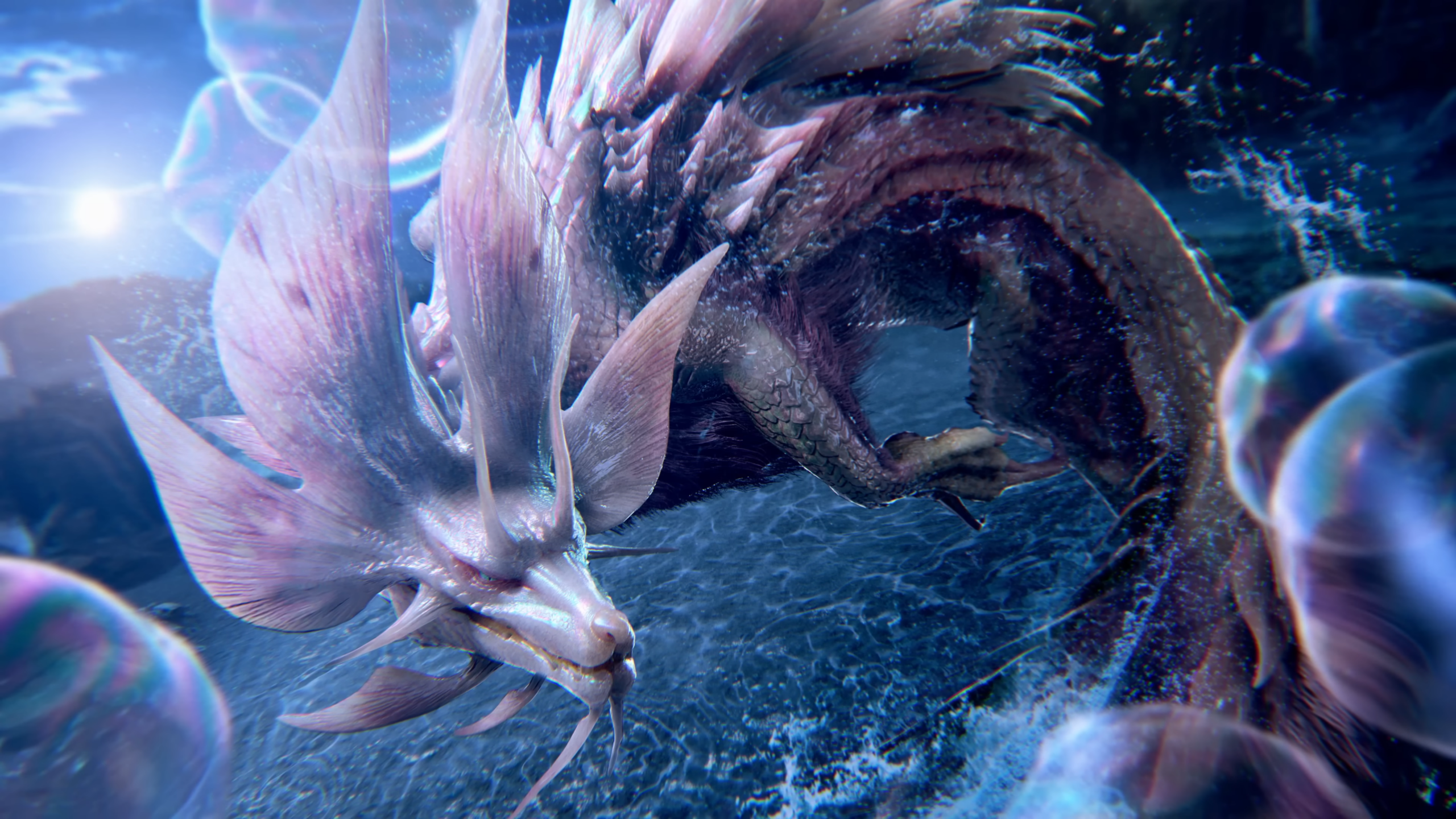
URGENT UPDATE: A heartbreaking incident has unfolded as a baby humpback whale was discovered dead at Cabarita Beach, New South Wales, this past Saturday, igniting widespread grief and outrage among local residents. The young whale’s tragic end comes amid the annual humpback migration season, during which approximately 40,000 whales are expected to traverse the east coast.
The whale calf, which reportedly became stranded, was found by beachgoers on Saturday afternoon and later transported on the back of a truck, sparking emotional reactions online. A New South Wales woman expressed her sorrow on social media, saying, “Such a sad end to a new life — hopefully there aren’t any more this season. Fly free little one.” This post resonated deeply within the community, drawing over 1,000 responses in a matter of hours.
Local authorities and wildlife organizations quickly mobilized following the discovery. A spokesperson for the NSW National Parks and Wildlife Service (NPWS) stated, “When the whale calf was stranded, we rapidly deployed staff and volunteers to assist. Unfortunately, newborn calves face numerous challenges during their migration and can strand for various reasons.”
There is speculation that this calf may be linked to a previous incident involving entanglement in shark nets at Noosa earlier this month. However, NPWS officials confirmed to Yahoo News Australia that there is no definitive way to identify the whale due to the complexities involved in such situations.
The devastating impact of shark nets on marine life is becoming increasingly evident. Many animals that become ensnared suffer severe injuries, and, regrettably, only about 10 to 20 percent of entangled whales receive successful assistance from rescuers. Dr. Olaf Meynecke, a whale expert from Griffith University, highlighted the dire situation, noting, “Many whales become abandoned by their pods after prolonged entanglement, ultimately leading to their demise.”
Recent findings show that while humpback whale populations are recovering—estimated to rise by about 10 percent annually—the increase in numbers brings heightened risks from human activities. Conservationists are urgently calling for action to reduce the threats posed by shark nets, fishing gear, and vessel strikes to ensure the long-term survival of these magnificent creatures.
In the wake of this tragedy, a recent warning was issued to beachgoers regarding a humpback carcass found at Kingscliff Beach, identified as a biohazard. Experts confirmed that it was likely the same whale rescued from fishing gear just a week prior, demonstrating the ongoing dangers faced by these animals.
As the migration season continues, the community is left grappling with the emotional toll of this loss, emphasizing the urgent need for improved measures to protect humpback whales during their perilous journeys.
This situation underscores the importance of raising awareness about marine wildlife conservation and the impact of human activities on oceanic ecosystems.
Do you have a story tip? Email: [email protected]. Follow us on Facebook, Instagram, TikTok, Twitter, and YouTube for the latest updates.






